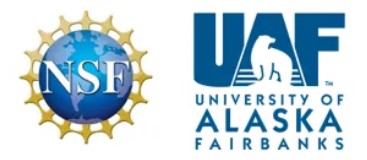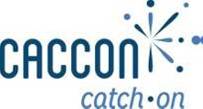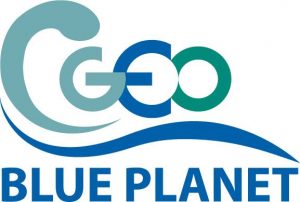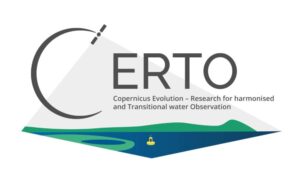Research Projects
Networks

Ocean Acidification Africa
Ocean Acidification Africa is a pan-African network specifically convened to coordinate and promote ocean acidification (OA) awareness and research in Africa.

Lagoons for Life
Lagoons for Life is about Understanding the effect of environmental and climate change on coastal lagoon management: The potential of Earth Observation.

Marine Social Science Network
The Marine Social Science Network is a global, interdisciplinary network of researchers and practitioners interested and working in the diverse fields relating to marine social sciences and understanding the complex relationship between society and the sea.

PerCS-Net
The Permafrost Coastal Systems Network (PerCS-Net) will fill fundamental knowledge gaps associated with transforming permafrost coasts in the Arctic by linking over ten existing national and international networks. This international network of networks will develop protocols for quantifying and synthesizing information on the impacts occurring in coastal permafrost systems and promote synergy across networks to foster the next generation of researchers charged with identifying potential solutions to a rapidly changing Arctic System.

CACCON
CACCON, the Circum-Arctic Coastal Communities Knowledge Network is a pan-Arctic network of communities and knowledge hubs sharing knowledge and processes that lead to transformative pathways to realize ideal futures.
FEC on Advisory Boards

BONUS
Science for a better future of the Baltic Sea Region | The BONUS vision is for an economically and ecologically prosperous Baltic Sea region where resources and goods are used sustainably and where the long-term management of the region is based on sound knowledge derived from multidisciplinary research.

Ocean and Coastal Observations for Societal Benefit
GEO Blue Planet is a network of ocean and coastal-observers, social scientists and end-user representatives from a variety of stakeholder groups, including international and regional organizations, NGOs, national institutes, universities and government agencies.
Our experts have a demonstrated capacity to bridge the gap between data and services to deliver usable information that supports informed decision-making toward reaching sustainable development.

CERTO
Copernicus Evolution – Research for harmonised and Transitional water Observation (CERTO) | Water quality is a worldwide issue affecting food production, industry, nature, recreation and ultimately human wellbeing. Satellites offer a cost-effective solution to monitor water quality at a global scale. A variety of methods and approaches are currently used for different water bodies such as oceans and lakes.
CERTO will provide a harmonised capability to monitor water quality from lakes, through deltas, coastal waters and to the open ocean. This project has received funding from the European Union’s Horizon 2020 research and innovation programme.
